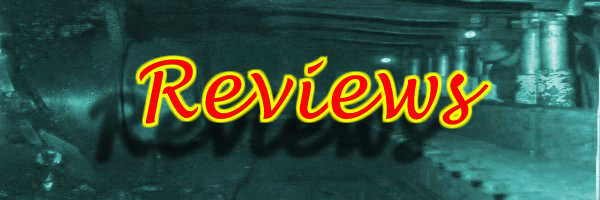
No Logo
The earth is not dying it is being killed. And those that are killing
it have names and addresses. (Utah Phillips)
This is the first sentence of chapter fourteen of the book No Logo
written by Naomi Klein (Flamingo 2001). I recommend the book.
In the first part of the book Klein nicely describes the growing usurpation
of the mind of the masses by the multinationals. Production is being replaced
from Western countries to places where people can be forced to work for
nearly nothing. On page 352 is written that the CEO of Disney, Michael
Eisner, earns $9.783 an hour while the average wage of the 19.000 Haitian
workers who work for Disney is only 28 cents an hour. It would take a
Haitian worker 16.8 years to earn Eisner’s hourly income. The
analysis emphasises the dominating presence of brands like Nike, Coca-Cola,
Disney or Shell. The book is positively criticized and also amplified
by Walden Bello on http://www.nologo.org under the section My Book.
The last chapters describe the growing resistance of the masses. But
as you advance in the book it becomes more and more clear that the actions
are not very successful.
It is strange.
Klein writes about the growing intrusion of the public space by transnationals
but most of the actions have nothing to do with this idea. Only symptoms
are attacked. Klein wonders indeed if the struggle against Nike can be
called successful when the only consequence of the actions is the increase
of the revenues of Reebok and Adidas whose shoes and clothes are manufactured
in the same sweatshops as the products of Nike. And she wonders about
the success of the boycott of Shell when Chevron is afterwards also suppressing
the wishes of the Nigerian Ogoni people and polluting the Nigerian waters.
She applauds some successes (by lack of an alternative?) but a small increase
in the wages of people in the sweatshops in the Third World (where most
of the workers are women under twenty-five years old) will not change
the world.
She is enthusiastic about the making of rules for big corporations but
indeed doubts if this is what we are fighting for. It looks if Klein does
not understand that leaders of big corporations are just giving some small
things away and then go around the rules to retake what they lost before.
A small increase in wages, a little less pollution, slightly better food
but Nike is still shifting the production to yet even cheaper countries
while the workers who got higher wages are sacked. When Shell was attacked
through the Net it did not listen to the arguments but hired an Internet
manager to refute the arguments. When McDonald was attacked because most
of its advertisements are directed at very small children, it tried to
silence the activists in court as happened in the McLibel case. The current
actions do not change the people at the top and they continue to be ruled
by their prime task, earning money for the stockholders (and themselves).
They never even think that it is despicable to force people to work for
more than 90 hours a week or that it is immoral to sack pregnant women.
The actions described by Klein do not influence the minds of the leaders.
Though she does say that “those people have names and addresses”,
she never specifies how actions can make use of these names and addresses.
The economic analysis of Klein explains many things about the way multinationals
are acting. In the part about actions she overlooks the fact that nothing
will change by the described actions. A study of 124 countries representing
94 percent of the world's population shows that since 1987 the top 20
percent of the world's population raised its share of total global income
from 69 to 83 percent (Bello). The elite, the people at the top, lives
within a small circle of like-minded and like-living people, who have
enough money, a very powerful nice network and the wish to continue their
existence at the top of the world. They only listen as their world is
intruded by the masses, just as the world of the masses is now intruded
and dominated by the elite. Only when elite and mass come nearer to each
other (and that is only possible when the power relations change) people
will change, the masses as well as the elite. Now the elite stays aloof
of all actions and the situation on the world will not change fundamentally.
I ask activists to stop asking or even begging the people at the top if they should be so friendly to become a little bit nicer towards people from the masses.
About a direct attack on the private space of the elite you can find enough material on my site, http://www.geocities.com/powerandelite , new ways to break the power of the elite.
Joost van Steenis